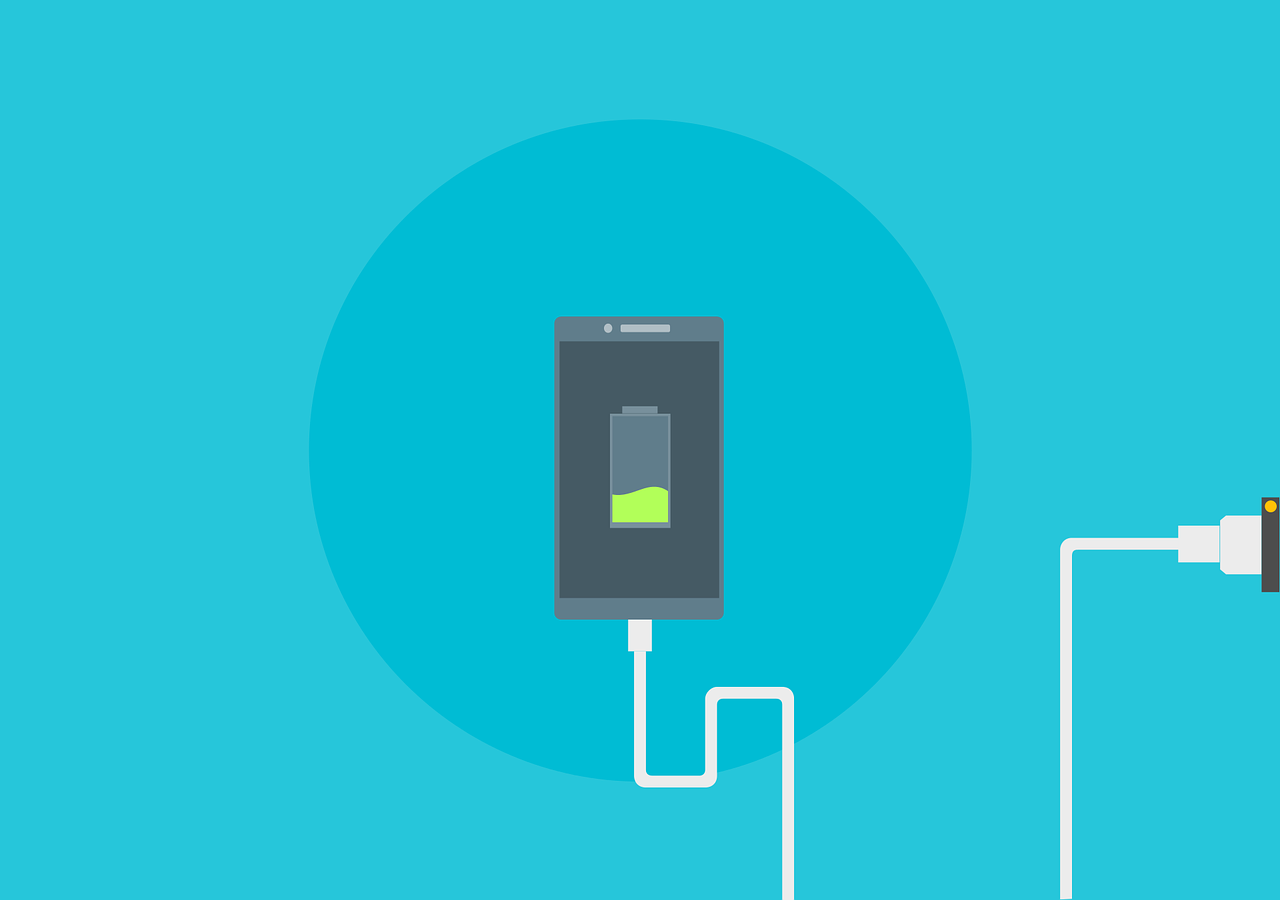Battery health has been in the news a bit the last few years, starting when people found out that Apple intentionally throttles (slows down) older phones in order to help with their battery performance. As a battery gets older, it can’t perform as well, and Apple chose to throttle old phones to help combat that. While Apple handled it poorly, the idea was solid and ultimately helps users. But why do batteries get worse over time, and what can be done to stop it?
Batteries are chemical
At their core, batteries perform chemical reactions in order to work. A side effect of those reactions is a bit of microscopic junk that accumulates in your battery, kind of like very small rock salt. The more that piles up, the worse the battery performance becomes, and there is nothing you can do to reverse it.
While you can’t reverse it, you can help prevent it. Generally speaking, with lithium-ion batteries (which is in virtually every device you own), going below 30% battery life is hard on a battery, as is filling it up to 100%. That’s right — keeping your phone charging overnight is slowly killing it. Of course, the trade-offs are likely worth it for most of us. You’ll lose a bit of battery life over the course of a few years, but you’ll have a full phone every morning and a new phone every few years. Ideally, though, you should try to keep your phone in that middle range if you want the battery to stay as healthy as possible.
Drop to zero
Years ago, the advice was to frequently let your battery go all the way to zero before charging it back up, and that was good advice. With old nickel-cadmium batteries, you could encounter the “memory effect” if you recharged in the middle of a cycle, and going all the way to zero (and then all the way to 100% in a charge) was wise.
That was good advice for that kind of battery. That’s not what’s in your phone, so don’t think you need to do that anymore. If you routinely do that with your cell phone, you’re degrading your battery at a much faster rate.
So what to do?
As I said up top, probably nothing. We replace our phones often enough that the effects of a degrading battery really won’t be too noticeable. For the best results though, work to keep your phone in the 30-80% charged range as much as you can, and the performance of your battery should hold up much better over the years.
If you interested in learning more about how all of this really works, this recent episode of the Techstuff podcast dug deep into the science behind batteries and was amazingly informative (and mostly over my head…)




